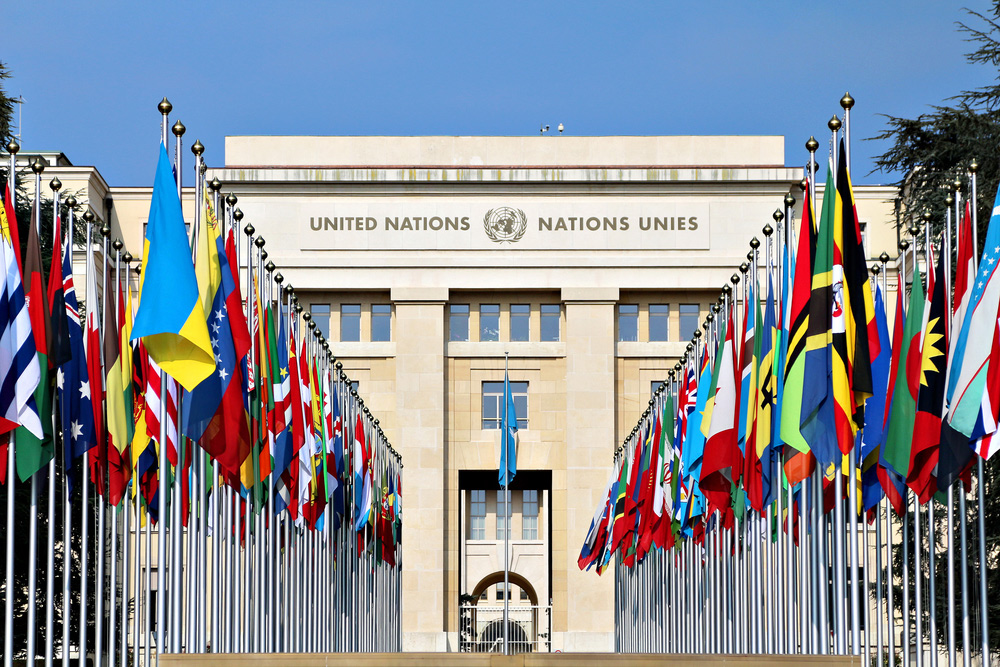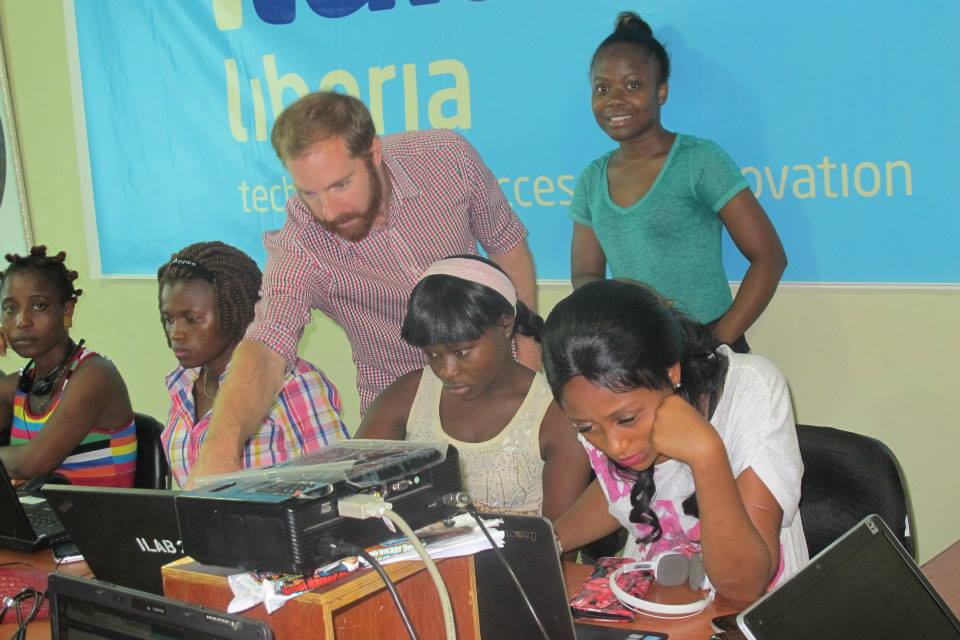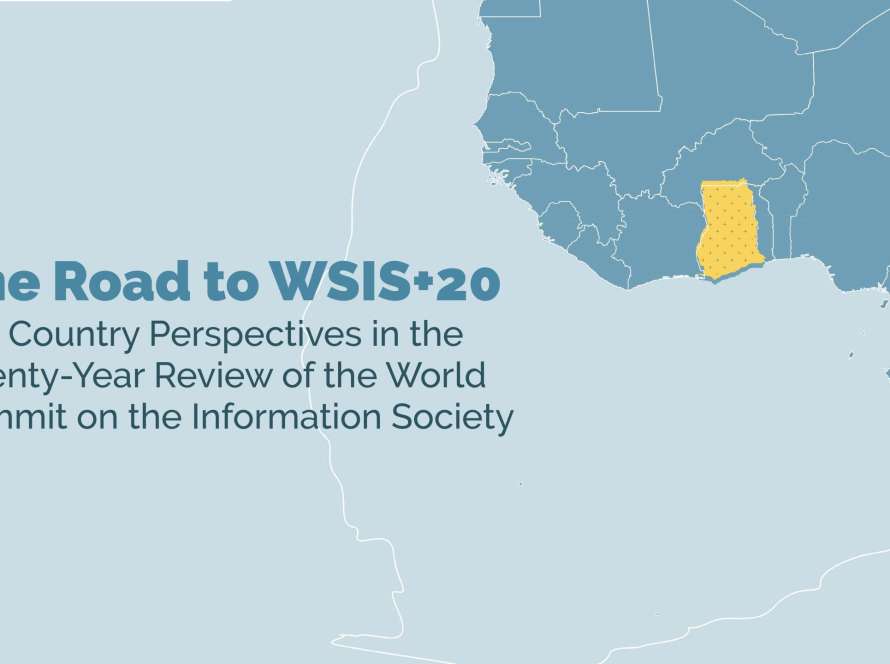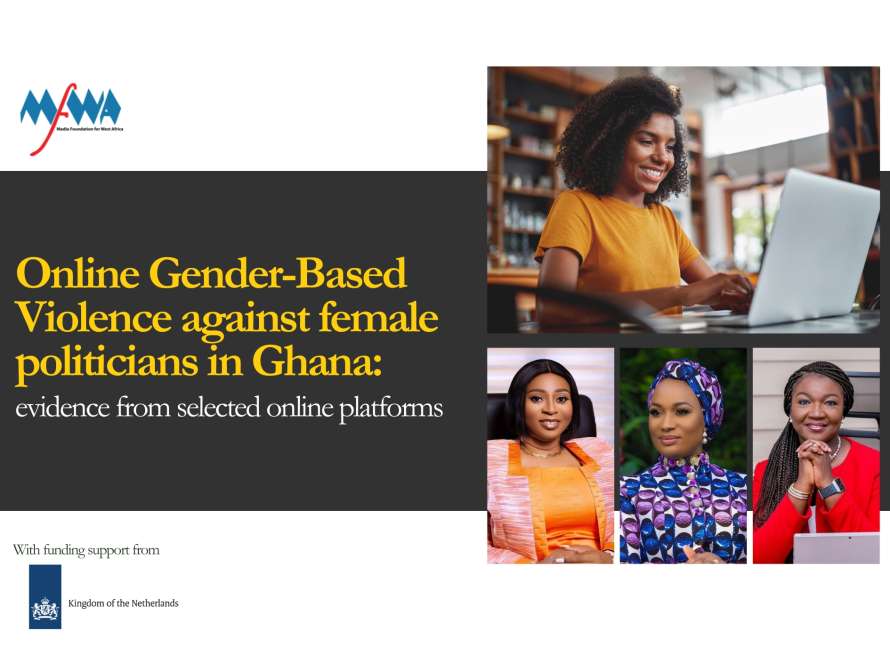As the internet’s role in people’s economic, social and political lives expands, the more its security and stability matters. Whether we are using the internet for business, banking, to file freedom of information requests, for communicating with colleagues, friends and family, or for reading the news, we need to be able to trust that it is secure, that our communications are not being intercepted or surveilled.
The first Open-Ended Working Group (OEWG) on developments in the field of information and telecommunications in the context of international security is a United Nations-based forum that was established by the UN General Assembly (UNGA) in December 2018. The OEWG deals specifically with “international” security – threats and attacks that are linked to conflict, or even tension, between states. It started its work in June 2019 and presented its final report in March 2021.
Its core focus was responsible state behaviour in cyberspace. In December 2020 the UNGA agreed on a second OEWGthat would run from 2021 to 2025.
In the UN an “open-ended” working group usually means that all UN Member and Observer States as well as intergovernmental organizations and non-governmental organizations with Economic and Social Council (ECOSOC) consultative status can participate.
This creates an opportunity for African governments to put their concerns and needs on the global agenda. It also has the potential to drive more effective regional cooperation, more coordinated national responses, and more collaboration with civil society, the media, business and the technical and academic communities.
The first OEWG saw a limited participation of African countries, intergovernmental organisations and civil society organisations in Africa
This policy brief, therefore, highlights what needs to be done by African governments, regional bodies and civil society organisations to participate in the OEWG process to contribute to a secure and stable internet.
Click here to read the policy brief.






